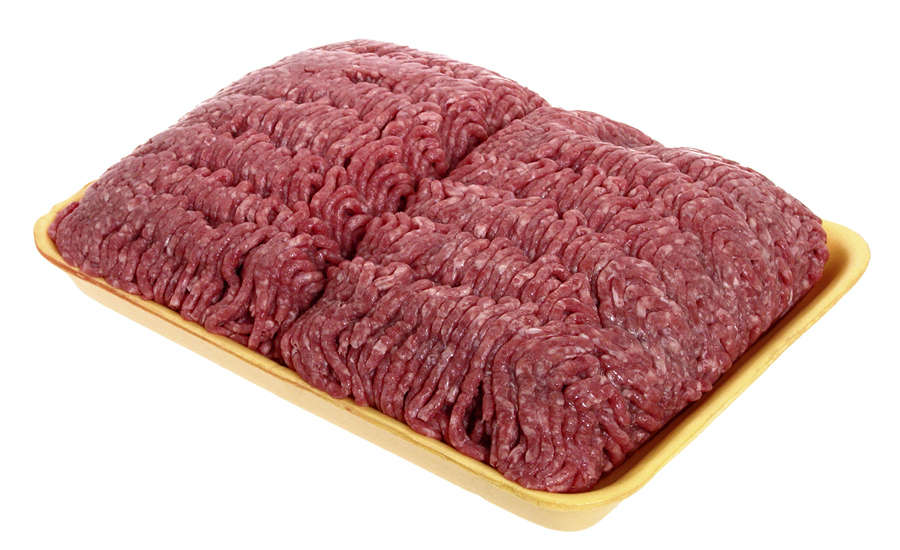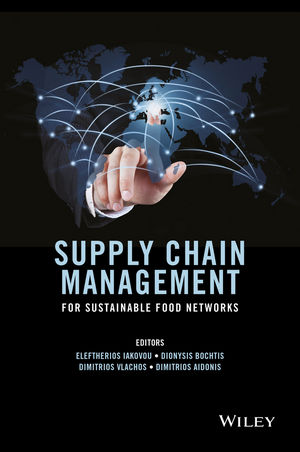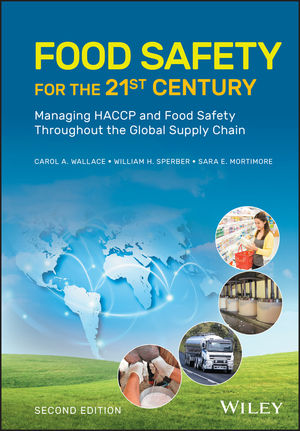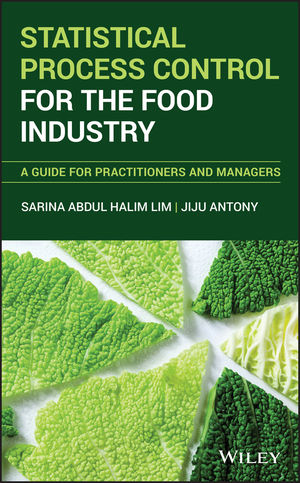Defining Sustainable Beef Takes a Global Effort

Defining what constitutes sustainable beef production is not an easy task. Given the vast differences in climate, available forages and grains, water resources, management practices and labor from one beef-producing region to another around the globe, a definition must be constructed carefully in order to fully communicate the principles of sustainability and sustainable practices.
Working as a committee within the Global Roundtable for Sustainable Beef (GRSB), a Colorado Springs, Colo.-based group of representatives from Argentina, Australia, Brazil, Canada, the European Union and the United States began work that will lead to GRSB's definition framework for sustainable beef.
"It is imperative that a full range of subject matter experts in the many areas of beef sustainability be involved in this process,” says Bryan Weech, a member of GRSB's executive committee and director of livestock at the World Wildlife Fund, Washington, D.C. “We need to assure that all areas and points-of-view are represented so that the definition developed is as accurate and complete as possible."
"The Global Roundtable was formed in 2012 as an international non-profit organization, and one of its first efforts has been the formation of a highly qualified committee of members and others who are experts in beef sustainability,” says Ruaraidh (Rory) Petre, chairman of GRSB's beef sustainability definition committee and GRSB's executive director. “The Definition Committee has broad geographic diversity, and is intent on identifying the key principles of beef sustainability as well as a clear path forward for the creation of criteria to fit under those principles."
In the development of the principles and criteria, the committee adheres to a set of credibility principles, such as:
• Sustainable—clearly and objectively defined.
• Relevant, rigorous, engaged—with a balanced representative group of stakeholders.
• Impartial, transparent, accessible—inclusive.
• Truthful and efficient—engaged with other initiatives in a similar space.
"The Definition Committee is working on principles and criteria and [the] next steps toward regional development of indicators, but there is no plan to develop a seal, certification or comparable standard," Petre says.
The core principles identified by the committee include people, community, animal well-being, food, natural resources, efficiency and innovation. Criteria under the principles include issues such as labor and workers' rights, the well-being of local communities, the well-being of animals in various management systems, food safety, nutrition and food security, air, soil and water quality and energy conservation and reduction of waste.
"The conference involved more than 350 participants representing a wide range of regions and sectors of the beef industry, from ranchers in North America, South America and Australia to processors, retailers, government and non-government organizations all around the world," says Cameron Bruett, GRSB's president and chief sustainability officer and head of corporate communications for JBS, Greeley, Colo.
"Individuals with subject matter expertise in natural resources, animal well-being, efficiency and innovation and other areas regarding beef sustainability are invited to be a part of the process," says Weech.
Looking for a reprint of this article?
From high-res PDFs to custom plaques, order your copy today!








